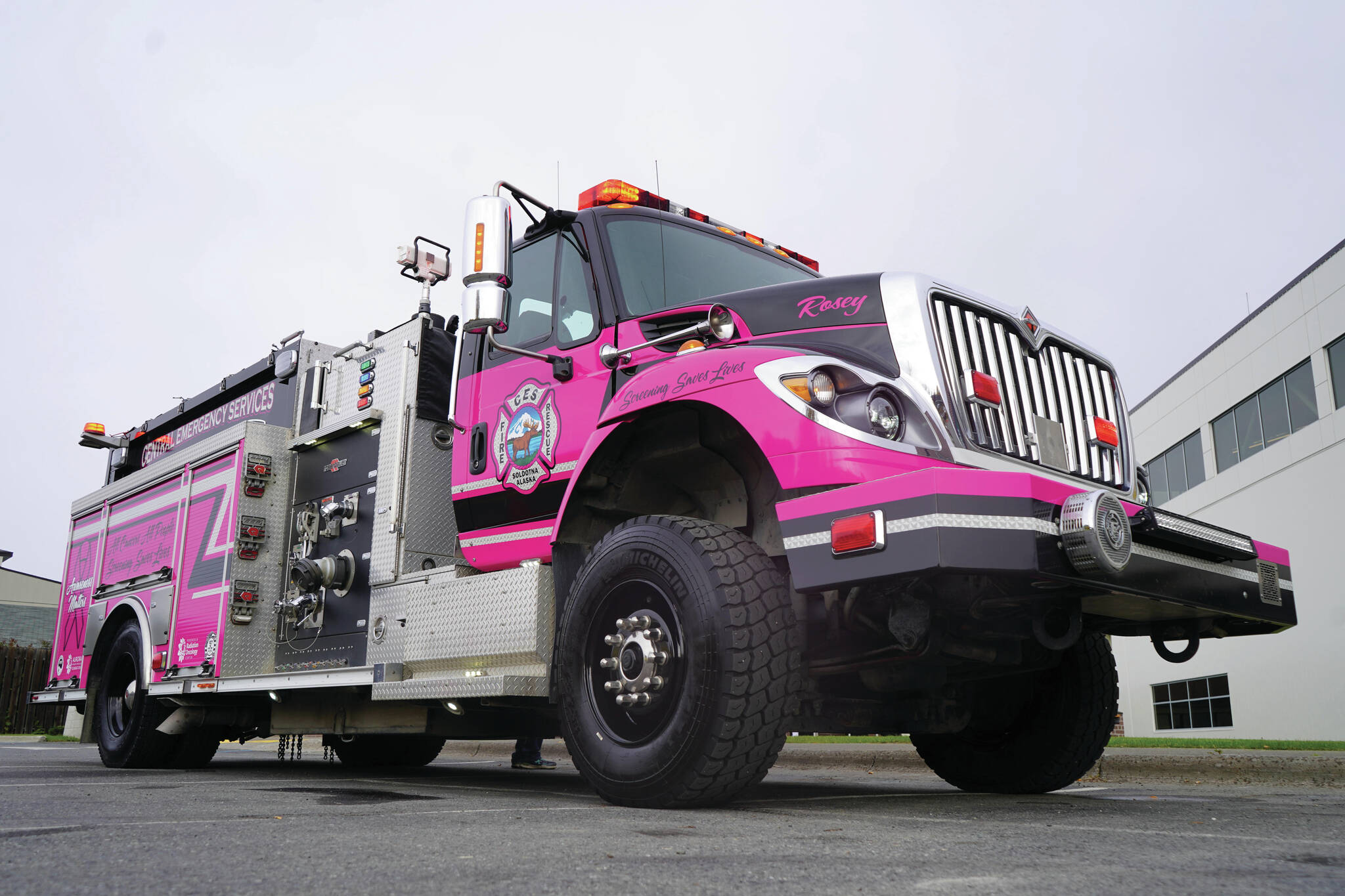As we welcome October, we will once again be surrounded by a wave of pink. We’ll be reminded through coffee sleeves, banners, events and more that it’s Breast Cancer Awareness Month. I implore you to turn this awareness into action — the importance of regular screenings and early detection cannot be overstated.
In my life, I have witnessed first hand the profound impact cancer has on families. My mother was diagnosed with breast cancer when I was young, and I remember accompanying her to office visits with her oncologist and witnessing the bond they formed. In those moments, I realized the importance of compassionate, accessible care, which ultimately shaped my own path to becoming an oncologist. After completing my medical training at Yale, I returned to Anchorage because I wanted to ensure that my fellow Alaskans had access to the same high-quality care available at major academic centers, without the burden of travel and separation from loved ones.
Breast cancer can impact anyone and does not discriminate. According to the World Health Organization, about half of all breast cancers occur in women with no specific risk factors other than sex and age. Despite tremendous advances in surgical techniques, systemic therapies and radiation therapy, early detection remains the most important tool we have in improving patient outcomes. The American Cancer Society has reported that when breast cancer is detected early, the five-year relative survival rate is 99% compared to only 31% for patients with metastatic cancer which has spread to other parts of the body.
Many people either assume they are not at risk because they do not have a family history of breast cancer or feel they are too young to get breast cancer. Alternatively, they choose to forego screenings due to cost or anxiety.
Earlier this year, we had the opportunity to help a patient who had emigrated to Alaska. While she was working and living in rural Alaska, she felt a mass in her breast. She was only 36 years old, and understandably alarmed. She visited her local primary care provider who did a breast exam and performed an ultrasound, which only confirmed the need for a mammogram.
The mobile mammography unit comes through her town every six months, and had just been there the month prior, which would have meant a five-month wait for a mammogram. Having recently moved, she didn’t have the funds for flights or a hotel to travel to an urban hub. Within one week of my seeing her in consultation via telemedicine, using the resources of Aurora Integrated Oncology Foundation, we were able to fly her to Anchorage for a visit with a breast surgeon, mammogram and biopsy. When dealing with cancer, time is of the essence, and this patient was just one example of how timely screenings can change everything.
This year, we’ve taken an important step forward with the passage of new breast imaging legislation in Alaska, Senate Bill 134. This law eliminates out-of-pocket costs for diagnostic and supplemental breast cancer screening services, breaking down another barrier to early detection. This legislation is a victory for public health and emphasizes our collective commitment to prioritizing early detection.
Breast cancer is not just a physical challenge, it also carries significant emotional and psychological burdens. Being able to receive treatment close to home, surrounded by family and friends while in the comfort of your own home, alleviates much of that stress. This sense of community support makes a world of difference during such a difficult time.
If you’re unsure about when to start, the American Cancer Society recommends women with an average risk of breast cancer begin annual mammograms at age 40. However, being in tune with your body, knowing your family history and discussing your individual risk with a health care provider may prompt you to begin screening even prior to your 40th birthday.
Together we can create a healthier community and save lives through early detection. Let’s honor those impacted by breast cancer by reminding our friends, family, and coworkers to not wait to schedule a screening. Every mammogram scheduled is a step toward early detection, improving outcomes and saving lives.
Dr. William Magnuson is a radiation oncologist at the Anchorage Radiation Oncology Center, and a board member of the Aurora Integrated Oncology Foundation. Aurora Integrated Oncology Foundation owns four clinics across the state — Anchorage Radiation Oncology Center, Mat-Su Valley Cancer Center, Peninsula Radiation Oncology Center and Southeast Radiation Oncology Center. The Foundation is committed to improving the quality of and access to cancer prevention, treatment and supportive care for all Alaskans.

